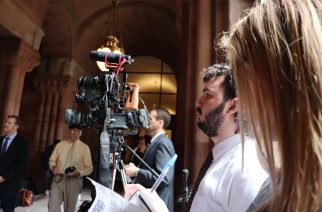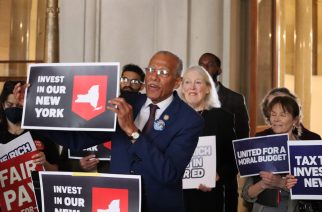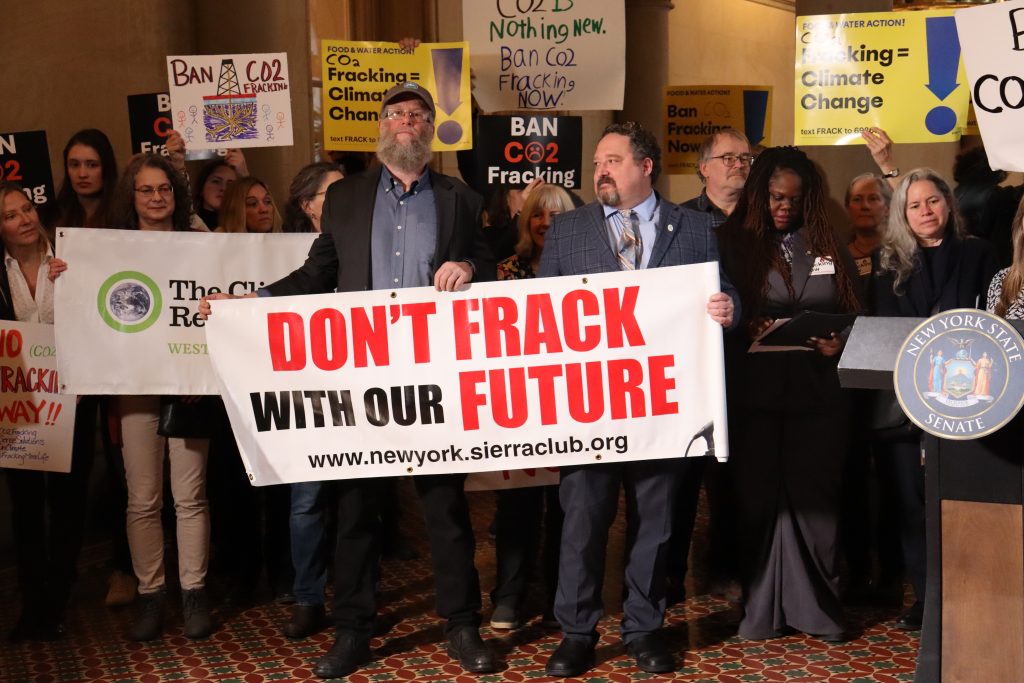
Members of about 90 environmental and public health organizations have signed a letter to the Governor calling for a ban of the use of carbon dioxide to mine for natural gas or oil.
A recent anti-fracking bill, S.8357/A.8866, has now passed in both the Senate and Assembly. The bill would add carbon dioxide fracking to the statewide high volume hydraulic fracking ban codified in the 2020-21 state budget.
The proposed legislation adds two words to the original law that banned fracking, which defined high volume hydraulic fracturing as “the stimulation of a well using three hundred thousand or more gallons of water.” The new bill will add the words “and carbon dioxide” to include the use of CO2 for mining operations in the ban.
The proposed legislation now reads, “No permits shall be issued authorizing an applicant to drill, deepen, plug back, or convert wells that use high-volume hydraulic fracturing OR CARBON DIOXIDE to complete or recomplete natural gas or oil resources.”
Typically, fracking is done with water but after the state banned hydraulic fracking with the environmental conservation law in the 2020-21 budget, a company called Southern Tier CO2 to Clean Energy Solutions, or Southern Tier Solutions, began to use carbon dioxide in their mining processes.
Southern Tier Solutions is a Texas-based company which has recently reached out to New York residents looking for properties in which they can operate and is trying to work around the hydraulic fracking ban with this new process.
A growing coalition of lawmakers and about 90 environmental, public health and community organizations has been fighting the attempts of Southern Tier Solutions, reflecting a movement about a decade ago when the push to prohibit fracking in the state began.
The plan proposed by Southern Tier Solutions would have waste carbon dioxide transported from other states into New York to then drill and be injected to release trapped methane and create new gas fired power plants. Food and Water Watch, an environmental, non-governmental organization said that this plan perpetuates a reliance on fossil fuels and will directly hinder New York’s ability to reduce emissions by 40% come 2030, outlined in the Climate Leadership and Community Protection Act.
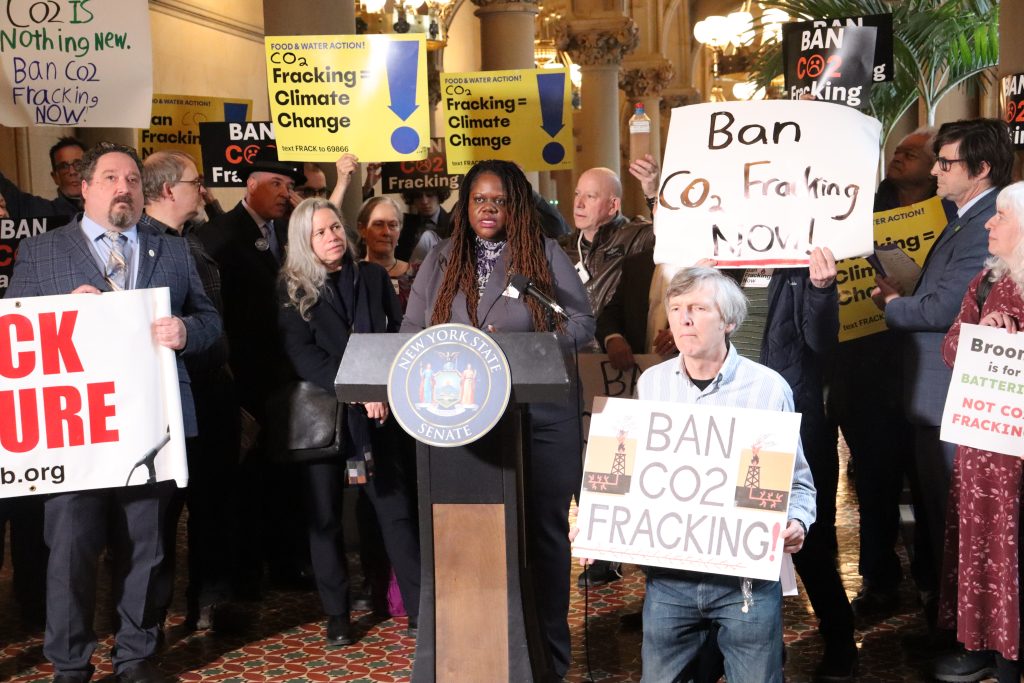
At a press conference held on March 5, 2024 this coalition of lawmakers and organizations met in the state Capitol to advocate for the continuation of the fracking ban. Senate sponsor for the bill, Lea Webb, D-Binghamton opened by saying, “I’ll keep my comments brief because we know what needs to be done. When I was on city council [in Binghamton] some time ago, this issue came as a golden ticket opportunity for economic advancement, but there was a cost that was never talked about, a cost to our health and to our environment.”
In 2020, a carbon dioxide pipeline ruptured in Satartia, Mississippi hospitalizing 40 people and led to the evacuation of about 300 people from the area. The event released a large amount of carbon dioxide into the air and those hospitalized had symptoms of CO2 poisoning and oxygen deprivation.
“Vehicles that use combustion engines need oxygen to run, so if you have an atmosphere where all the oxygen has been displaced by carbon dioxide, your vehicles will shut down. How are these vehicles supposed to reach people when explosions happen?” said Assembly sponsor of the bill, Dr. Anna Kelles, D-Ithaca. “So we can’t just look at the fact that it is utterly not true, that this is safe, because we know it will release methane. We know it will release radioactive material, but it will also be putting so many people at risk.”
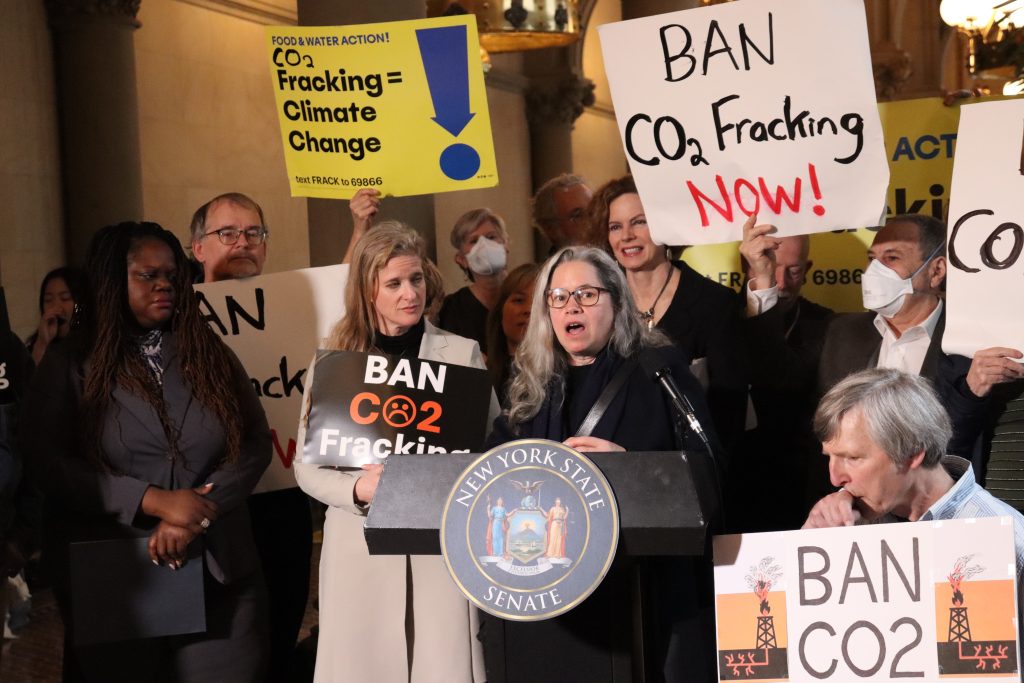
Singer-songwriter, Natalie Merchant spoke at the press conference and said, “From New York City to Buffalo, people are going to be aware of what is potentially threatening us and will come together to ensure that our drinking water, our air and our children are protected.”
At this point, the bill has been approved by both the Senate and Assembly and is now waiting to be delivered to Gov. Hochul for a decision.
CORRECTION: An earlier version of this article incorrectly stated that the pipeline burst in Satartia, Mississippi occurred in 2023. The incident happened in 2020.


